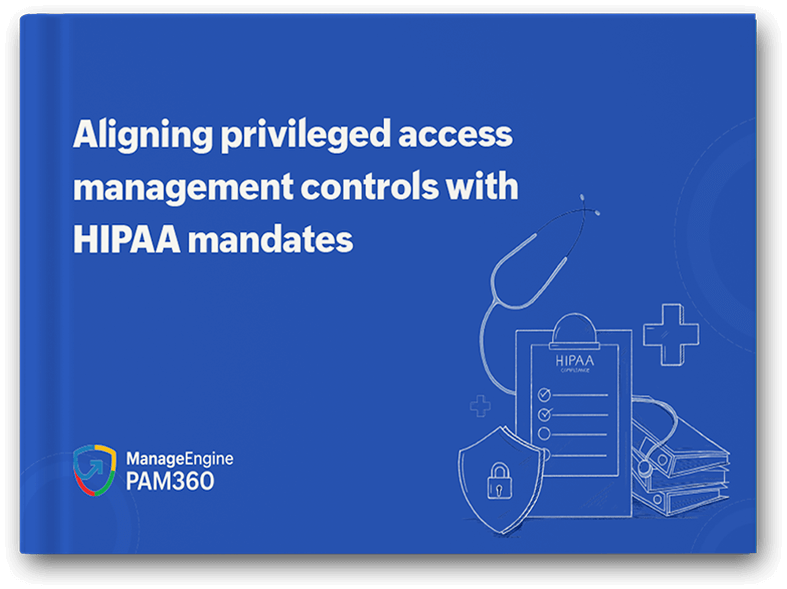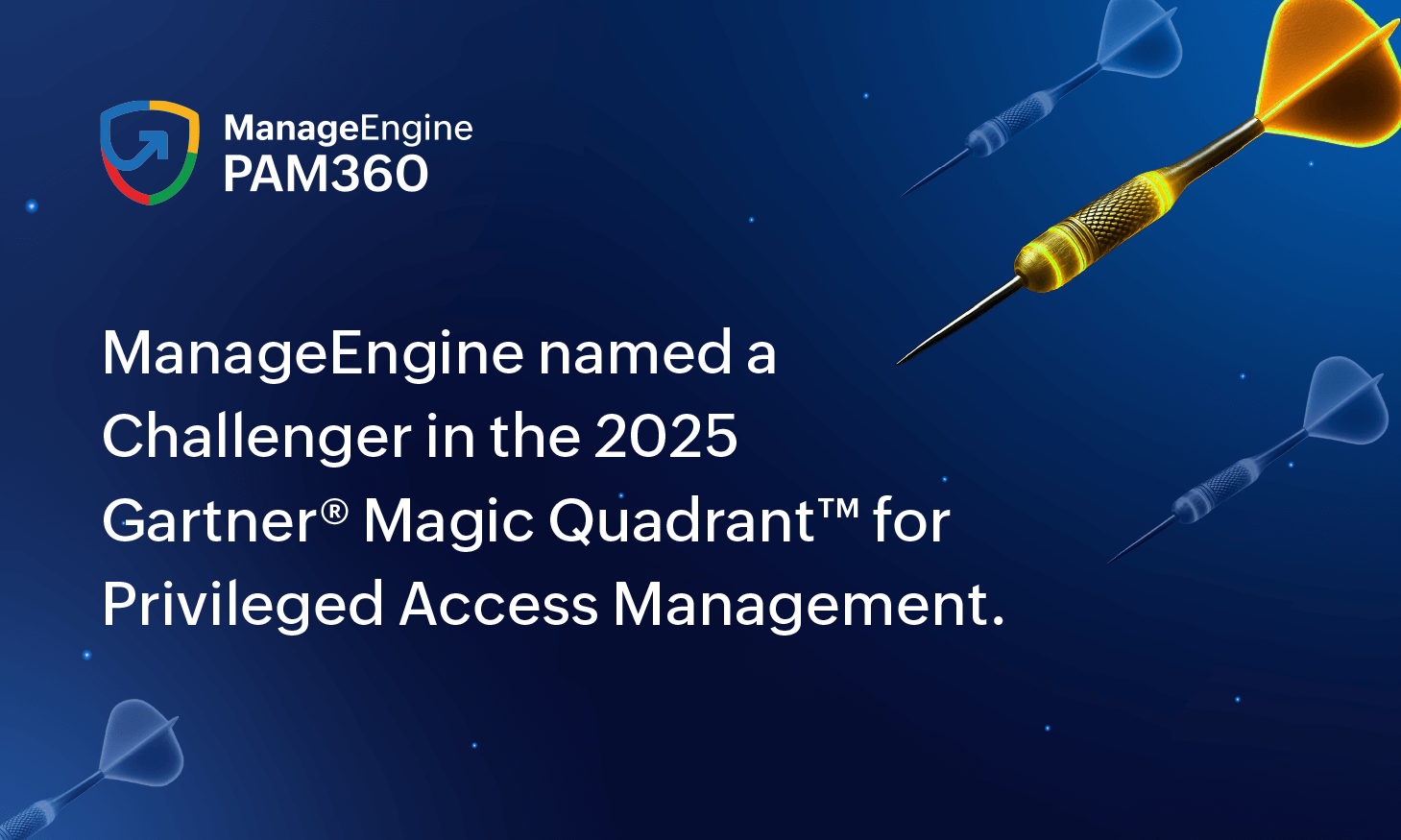HIPAA and its significance
The Health Insurance Portability and Accountability Act (HIPAA) is a federal law that protects the privacy and security of health information. In its own words, HIPAA is meant to enable organizations "to adopt national standards for electronic health care transactions and code sets, unique health identifiers, and security."
HIPAA compliance requires patient data confidentiality unless prior consent is obtained, and privileged access management (PAM) ensures control over sensitive healthcare information and its access patterns.
This white paper will help you:
- Understand why PAM is important under HIPAA and how it helps secure your organization's sensitive information.
- Discover how PAM360 enables your organization to deploy effective PAM controls, ensuring you address HIPAA's recommendations.
- Gain actionable insights about how PAM360 enhances your cybersecurity standards and helps you align with HIPAA.
Additional resources
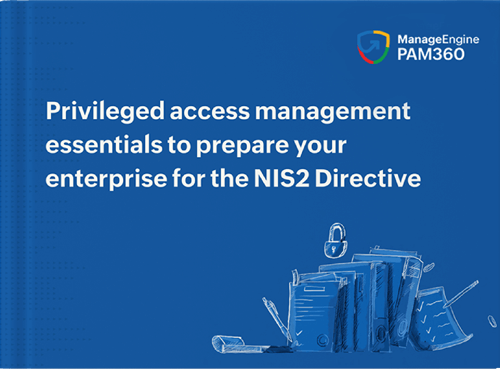
Ensuring compliance with the NIS2 Directive with PAM
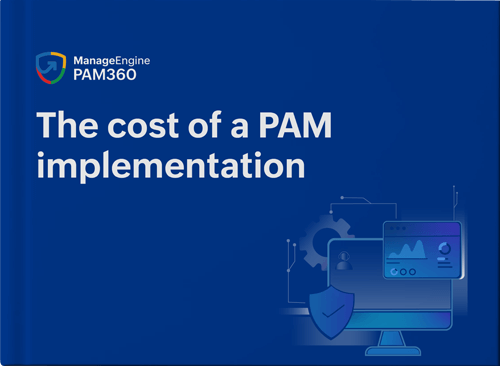
The true cost of a PAM implementation
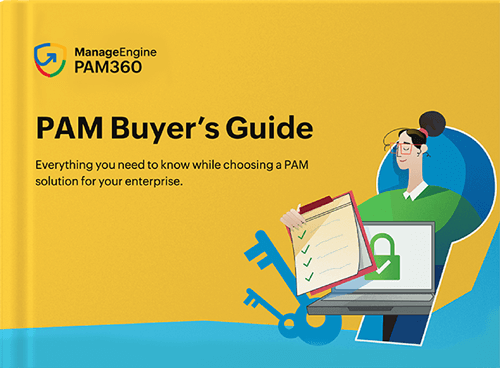
PAM360 Buyer’s Guide
2026
Disclaimer: Complete compliance with HIPAA requires numerous processes, policies, people, and technology controls. The solutions mentioned above are limited to PAM controls offered by PAM360 to help organizations comply with HIPAA's requirements. Coupled with other appropriate solutions, processes, people controls, and policies, ManageEngine PAM360 can help organizations align with these requirements. This material is provided for informational purposes only and should not be considered as legal advice for HIPAA compliance. ManageEngine makes no warranties, expressed, implied, or statutory, as to the information in this material. Please contact your legal advisor to learn how HIPAA impacts your organization and what you need to do to comply with HIPAA.
